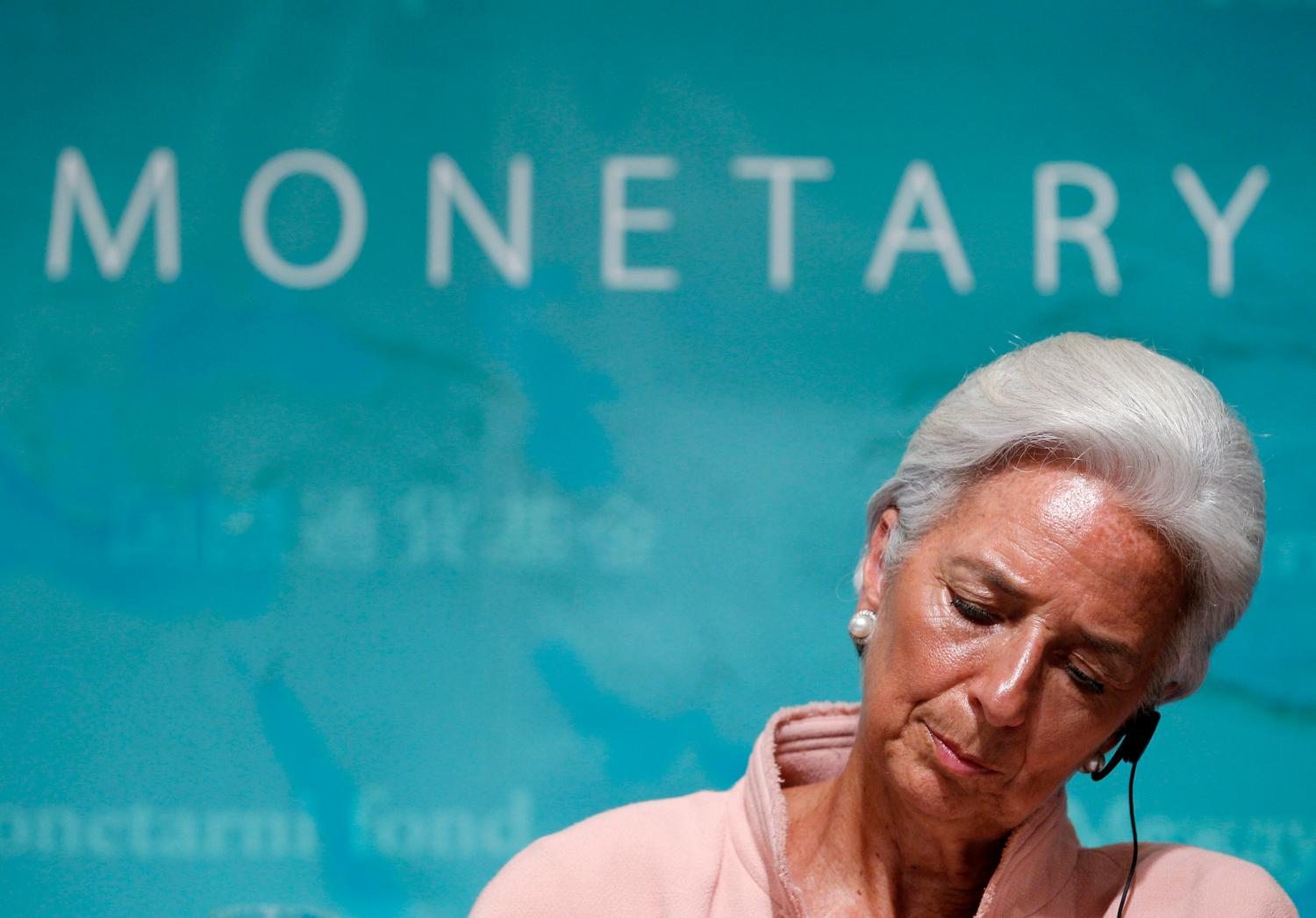Cooperation among major countries to shrink global imbalances in trade and capital flows is highly desirable for the sake of promoting a sustainable recovery from the financial crisis that erupted in 2008. The story that unfolds in this paper does not bode well for such cooperation. It is a detailed account of the initiatives, led by the IMF, to address imbalances prior to the 2008 global financial crisis.
The paper is based on interviews with scores of policy makers who were involved in the initiatives, and on thousands of pages of confidential documents that have never been disclosed. It focuses on two undertakings. The first is the Fund’s 2007 decision to strengthen its surveillance of exchange rates, which was aimed at prodding countries — China being the most prominent example — to take action when their currencies were seriously under- or overvalued. The second is the multilateral consultations, in which the IMF convened representatives of five major economies to discuss plans for shrinking imbalances.
The Brookings Institution is committed to quality, independence, and impact.
We are supported by a diverse array of funders. In line with our values and policies, each Brookings publication represents the sole views of its author(s).



